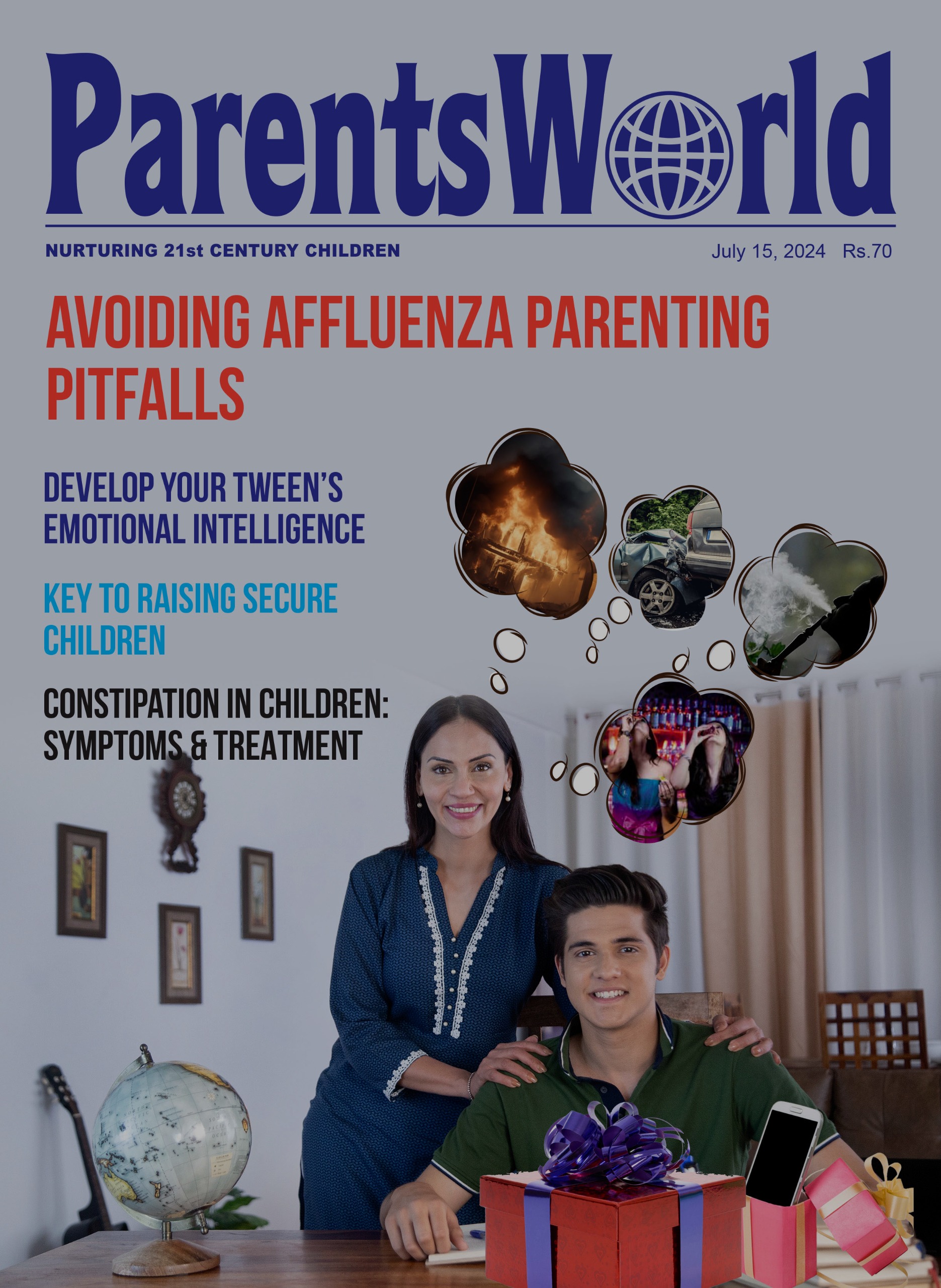
A research study released by San Francisco-based non-profit Common Sense Media has found that teenagers are distracted from real-life interactions by social media apps such as Instagram and Snapchat. For the study titled Social Media, Social Life: Teens Reveal their Experiences, Common Sense Media interviewed more than 1,100 teens aged 13-17 years across the US, most of whom were “fully aware” of the power of social media to distract them from real-life priorities, such as homework, sleep and time with friends and family. More than half (57 percent) interviewed said social media distracts teens from doing homework and 54 percent admitted that they sometimes ignored people they were with, to browse social media apps.
“Social media has transformed adolescence and the lives of millions and millions of teens. Teens have told us in this landmark report that they are distracted from their friends, from their homework and from sleep. A lot of teens feel addicted to social media,” says Jim Steyer, CEO and founder of Common Sense Media.
On the other side of the coin, a sizeable number of respondents talked about the positive effects of social media. Twenty-five percent of the teenagers interviewed said social media made them feel less lonely.
Pressurising picky eaters is futile
Pressuring children who are picky eaters will not solve the problem nor will it help them gain weight, says a recent study conducted by the University of Michigan and published in Appetite (July). Instead it will cause meal-time tension and hinder parent-child relationships.
“Parental pressure is having no effect, good or bad, on picky eating or weight in this population,” says study author Dr. Julie Lumeng, a pediatrician and research professor at the University of Michigan’s Center for Human Growth and Development. Lumeng followed a group of 244 ethnically diverse two and three-year-olds over a year, comparing parental pressure tactics to children’s healthy growth and reduction of picky eating behaviour.
According to Lumeng given that “over a year of life in toddlerhood, weight remained stable on the growth chart whether they were picky eaters or not,” picky eating is not a “serious behaviour flaw that parents should expend lots of energy to eliminate.”
Spiritual children will be happier adults
Participating in spiritual practices during childhood and adolescence may act as a protective factor for a range of well-being outcomes in early adulthood, says a new study conducted by Harvard University’s T.H. Chan School of Public Health. According to the study published in the American Journal of Epidemiology (September), children and adolescents who attended religious services at least weekly were nearly 20 percent more likely to report higher happiness as young adults (ages 23-30) and were less likely to have depressive symptoms, smoke, use illicit drugs, or have a sexually transmitted infection, than those who never attended religious services. The research team assessed more than 5,000 children who were followed between 8-14 years of age.
“These findings are important for our understanding of health and our understanding of parenting practices. Many children are raised religiously, and our study shows that this can powerfully affect their health, behaviour, mental health, and overall happiness and well-being,” says first author Ying Chen, who recently completed her postdoctoral fellowship at Harvard.
Pollen exposure of mothers leads to respiratory diseases
Infants born to mothers who were exposed to pollen during the last trimester of their pregnancy may be at increased risk of developing respiratory diseases such as asthma, reveals a study conducted by Australia’s La Trobe University and published in Environment International (September). The study, which analysed umbilical cord blood collected from hundreds of babies born in Melbourne, Denmark and Germany, found that those born during the peak grass pollen season had high immunoglobulin E (IgE) levels in umbilical cord blood — an indicator used to predict the development of allergic diseases.
“We know that outdoor pollen exposure during the first couple of months after birth can lead to allergic respiratory diseases and we suspected that exposure during the later stages of pregnancy may also be important,” says Bircan Erbas, lead researcher and associate professor at La Trobe University.
However, the study also highlighted that being pregnant for an entire grass pollen season may have a protective effect on babies.
Also read: Excessive mobile phone usage affects memory of teens






















